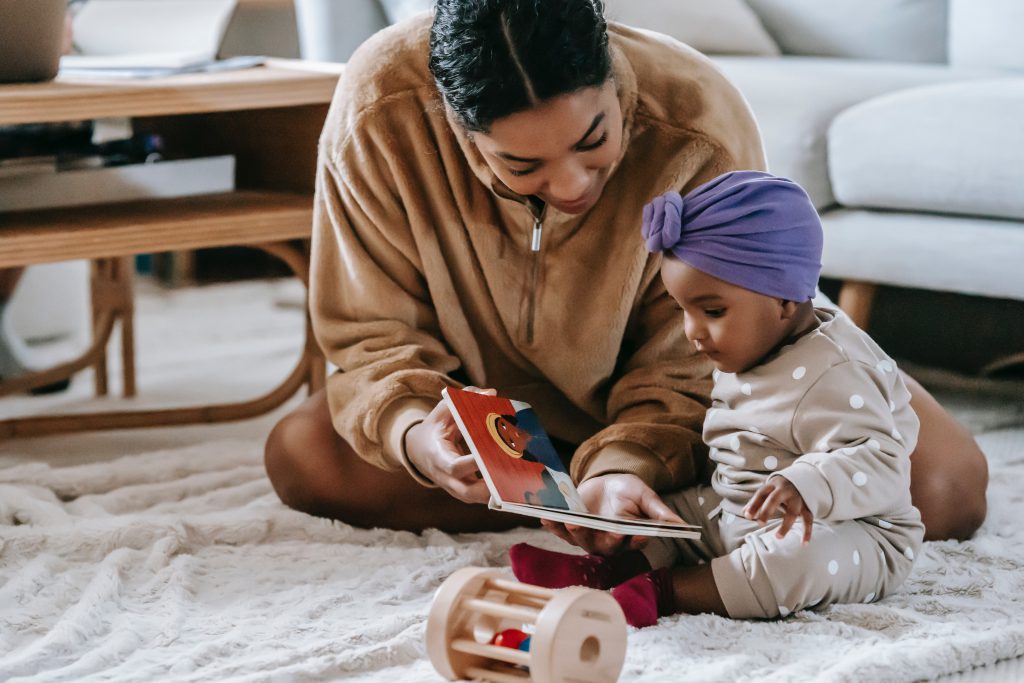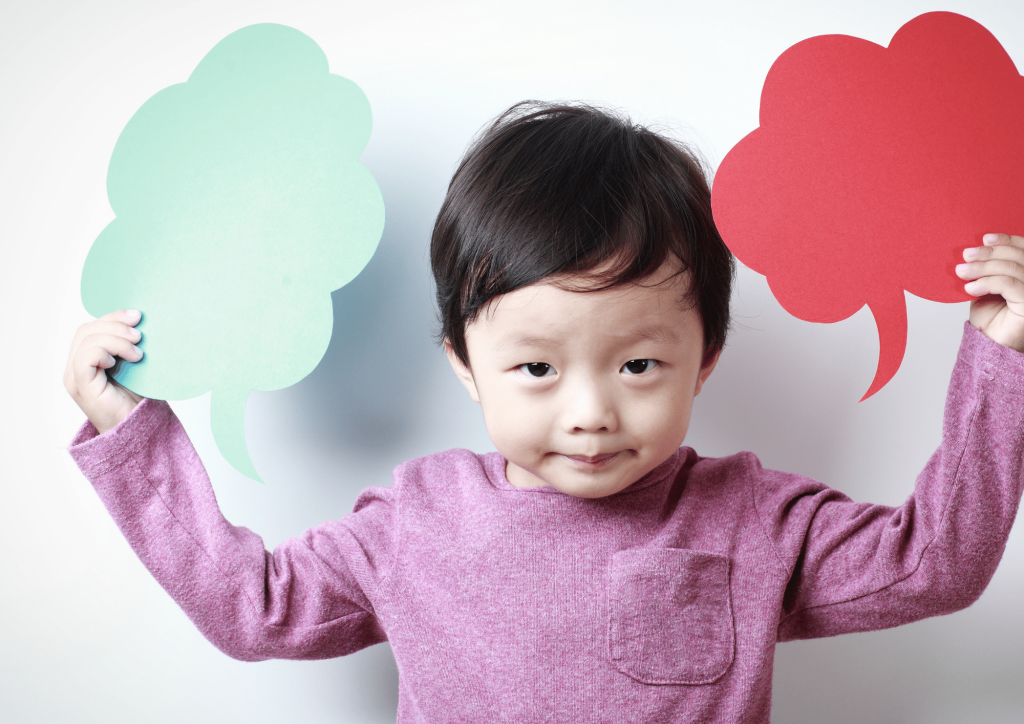Language is the most complex communication system in the known universe, yet children master it before they learn to tie their shoelaces. They learn to mimic the sounds of their language, to associate thousands of words with their meanings, to combine these words into long, grammatical sentences, and to use these sentences to convey complex messages about their world, their thoughts, their feelings and beliefs. The research of the Language Development Department (LaDD) is designed to discover how children achieve this.
How do children acquire language?
We study what children say, what they understand, and how they learn from the sights, sounds, and smells of the world around them. We build and test models of language acquisition that address the central question: How do the learning mechanisms in children’s brains use information in their environment to learn their language?


Research support
Our research is supported by:
- Een technisch innovatieteam, dat ons helpt betere ’tools’ (hulpmiddelen) te ontwikkelen voor onderzoek;
- The Language Archive team, which maintains one of the largest collections of spoken and signed language data in the world;
- A large research support team, who help us run studies in our purpose-built labs.
Our department is also home to the Learning through Processing research group, led by the department’s Senior Investigator Evan Kidd.
Read more?
Çetinçelik, M., Rowland, C. F., & Snijders, T. M. (2021). Do the eyes have it? A systematic review on the role of eye gaze in infant language development. Frontiers in Psychology, 11: 589096.
Donnelly, S., & Kidd, E. (2021). The longitudinal relationship between conversational turn-taking and vocabulary growth in early language development. Child Development. Advance online publication.
Von Holzen, K., & Bergmann, C. (2021). The development of infants’ responses to mispronunciations: A meta-analysis. Developmental Psychology, 57(1), 1-18.